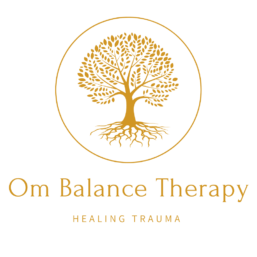What is PTSD?
Post-traumatic stress disorder (PTSD) arises when the body’s natural recovery response to trauma is stalled. PTSD usually develops about a month after the traumatic incident occurred and can affect an individual for months or years to follow.
Main Symptoms of PTSD:
Re-experiencing the traumatic event
Flashbacks (as if trauma is happening right now), nightmares, intrusive thoughts or images, symbolic reminders of the trauma, physical sensations, breathlessness, heart palpitation, nausea.
Alertness or feeling on edge
Being easily upset, angry or irritable, experiencing disrupted sleep or concentration. As well as heightened alertness, being jumpy, easily startled or anxious.
Negative thoughts and emotions
Experiencing anger, sadness, fear, guilt, shame, or numbness. Feeling distant or isolated from friends and family. Blaming oneself or others for the experience during/ after the traumatic event. Feeling unsafe around people and not being able to trust anyone. Also, losing interest in day-to-day activities.
Avoiding feelings or memories
Unable to recall details of trauma and avoiding any reminders of trauma (i.e. feelings, people, places, activities, thoughts). Experiencing emotional and physical numbness, detachment from one’s body or self-destructive behaviour (i.e. using alcohol or drugs as a way of coping). Moreover, one may feel a growing need to keep themselves busy and/or distracted.
Important things to note about PTSD
- Not everyone who experiences trauma will develop PTSD or meet the clinical criteria to be diagnosed with PTSD.
- Furthermore, the development of PTSD does not depend on the severity of the experience but on how one copes with life due to the experience.
- For symptoms to be considered as PTSD, they must last more than a month and be severe enough to interfere with normal daily functioning, relationships or work.
- The course of the illness varies from person to person. Some people recover within six months, while others have symptoms that last much longer. In some people, the condition becomes chronic (ongoing).
